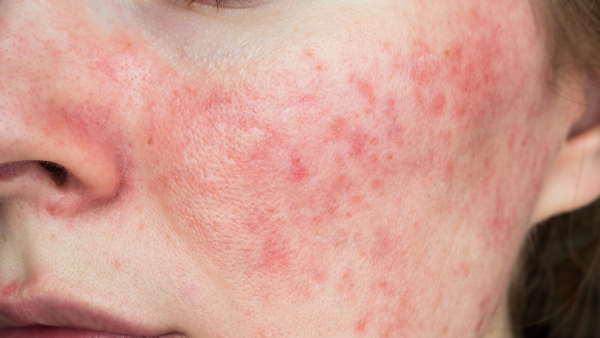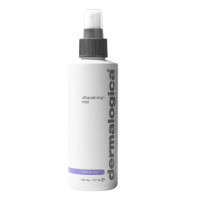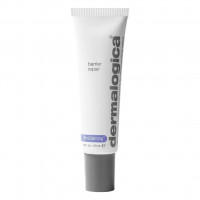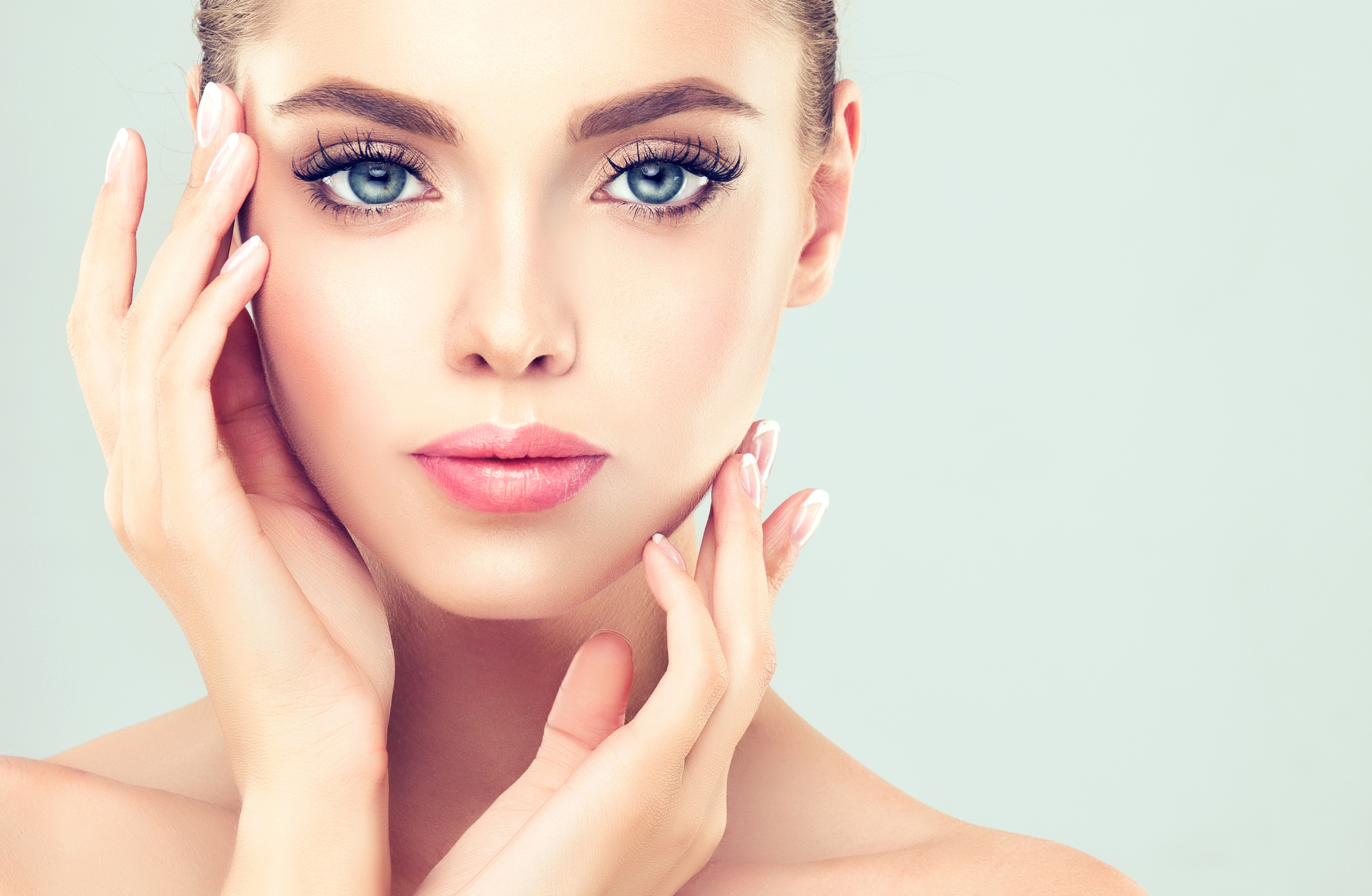Rosacea is a chronic skin condition characterised by inflammatory changes on the face. Symptoms include redness, blisters, pustules and rash, especially on the cheeks, nose, forehead and chin. Although there is no cure for rosacea, there are several ways to relieve symptoms and slow the progression of the condition.
-
Avoid triggers Certain factors can make rosacea symptoms worse, such as sun exposure, heat, cold, alcohol, hot spices and stress. It is therefore important to avoid or reduce these triggers as much as possible.
-
Use gentle skin care products to avoid further irritating the skin. Avoid harsh cleansers, scrubs and products with alcohol or fragrances. Instead, use mild cleansers and moisturisers that are specially formulated for sensitive skin.
-
There are several prescription medications that can help treat rosacea. These include antibiotics, anti-inflammatory creams and gels, and vitamin A derivatives. Talk to your doctor about the best options for your specific symptoms and needs.
-
Laser and light therapy can help reduce the redness and inflammation associated with rosacea. These therapies target the blood vessels in the skin to shrink them, reducing the redness.
-
Diet Although there is no specific diet that can cure rosacea, certain foods can make symptoms worse. Try to avoid hot spices, alcoholic drinks, coffee and tea and instead eat a balanced diet with plenty of fruits and vegetables.
In summary, there is no cure for rosacea, but there are several ways to help relieve the symptoms and slow down the progression of the condition. Talk to us to learn about the best options for your specific symptoms and needs, and try to avoid triggers and use gentle skin care.













